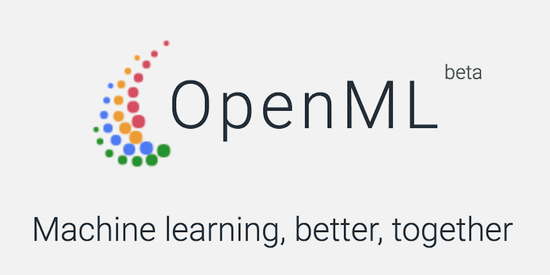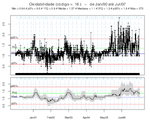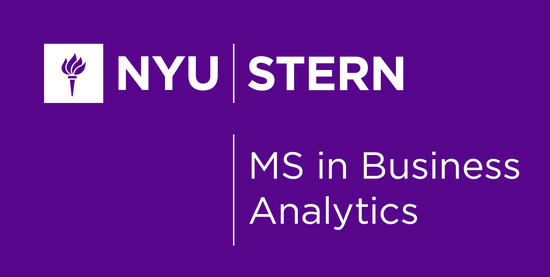I am a Canada Research Chair (Tier 1) on Spatiotemporal Ocean Data Analytics and a Professor at the Faculty of Computer Science of the Dalhousie University, Canada. I also hold appointments as an Associate Professor of the Department of Computer Science of the Faculty of Sciences of the University of Porto, Portugal, and as an invited professor of the Stern Business School of the New York University where I have been teaching in recent years at the Master of Science in Business Analytics.
At Dalhousie University I carry out my research in the context of the Institute for Big Data Analytics, where I act as Deputy Director of the institute and lead the Ocean Data Analytics research lab. I am the Head of the Research Cluster on Big Data Analytics, AI and Machine Learning at the Faculty of Computer Science of the Dalhousie University. I am also a senior researcher of LIAAD / INESC Tec and an associate member of the Artificial Intelligence Institute of the University of Waikato.
My research revolves around the general area of Data Science, with a strong focus on Predictive Analytics for data with spatial, temporal or spatiotemporal dependencies. Recently, I’ve been focusing my work on modelling rare events, with applications to fraud detection, prediction of extreme values and monitoring activities for anticipating anomalous behavior. I love to see my research being applied and thus I try to maintain a network of collaborations with researchers from other areas.
My favourite tool is the R programming language and environment. I am the author of the widely acclaimed Data Mining with R book published by CRC Press in 2010 with a strongly revised second edition that appeared in 2017.
I am also the CEO and one of the founding partners of KNOYDA a company devoted to training and consulting within data science.
In case you want to know more about me you may have a look at my full CV.
Interests
- Machine Learning and Data Science
- Utility-based Predictive Analytics
- Spatiotemporal Analytics
- Ocean Data Analytics
- Rare events
- Forecasting
Education
-
PhD in Computer Science, 2000
University of Porto, Portugal
-
Systems and Informatics Engineering, 1989
University of Minho, Portugal


































